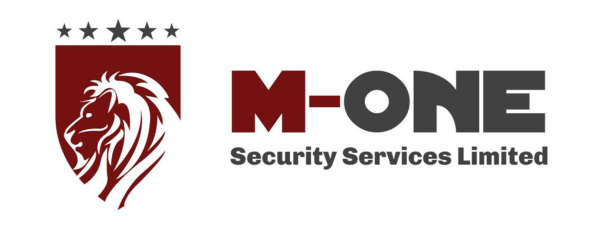Introduction
In Nigeria’s rapidly evolving security landscape, professionalism has become the real currency of trust, for many businesses and high net worth individuals, the sight of a uniformed guard at the gate offers reassurance, but a polished uniform is no longer enough. True professionalism in private security today goes far beyond appearance, it’s about competence, emotional intelligence, ethics and continuous learning.
1. The New Face of Security: Skills, Not Just Presence:
A security professional today must know how to manage conflict, read human behavior and de escalate tension before it becomes a crisis, for instance, a well trained officer at a high can prevent reputational damage simply by handling an irate guest with calm communication rather than physical force. In some cities, private security officers are now expected to do more than guard premises, they’re the first line of contact with client, vendors and visitors. Modern firms have started integrating soft skills training alongside tactical drills.
2. Emotional Intelligence: The Most Underrated Skill:
Professionalism in private security now means mastering emotional intelligence (EQ), Nigerian guards frequently interact with diverse people from expatriate CEOs to local vendors, with the understanding tone, empathy and discretion which can make or break a client relationship. A corporate estate management firm found that teams with EQ trained guards reported 40% fewer client complaints and higher satisfaction scores. In a sector where perception shapes credibility, emotional control is as vital as physical fitness.
3. Ethics and Discretion: The Silent Pillars of Trust:
In an age of smartphones and social media, information leaks and confidentiality breaches are real threats, a lot of security officers often witness sensitive business discussions or family routines. Professionalism means knowing when to step back and what not to share.
For instance, a close protection officer who respects client privacy builds long term trust, while one careless photo or comment online could compromise safety and reputation. Many leading firms now require guards to sign non disclosure agreements (NDAs) and undergo ethics workshops to reinforce integrity standards.
4. Continuous Training: Staying Ahead of Modern Threats:
Security challenges in Nigeria are evolving from cyber enabled fraud to insider threats, the most professional guards are those who continuously upskill. Forward thinking companies partner with organizations like the Nigerian Institute for Industrial Security (NIIS) and the Security Institute of Nigeria (SIN) for certifications that cover risk management, digital surveillance and counter intelligence basics. For instance, some corporate firms highlighted that clients now prefer security teams that understand technology, such as using CCTV analytics or smart access control systems. Professionalism today means being technologically aware and adaptable.
5. Leadership and Representation: Every Guard Is a Brand Ambassador:
Every officer in uniform represents the company’s brand and often the client’s, this professionalism extends to punctuality, grooming, communication, and accountability. A lot of
top private security companies in Nigeria now use Body Worn Cameras (BWCs) not only for transparency but to review how their officers interact with the public, this reinforces professionalism through performance monitoring and feedback. In essence, guards are no longer gatekeepers, they are public facing representatives shaping perceptions of safety, reliability and respect.
Conclusion
The future of Nigeria’s private security industry depends not just on strength or weapons, but on mindset, training and ethics, as clients become more discerning, companies that invest in human capital will stand out. Professionalism, in its truest form means embodying discipline, emotional intelligence and continuous improvement. The values that protect more than property, they protect reputation and trust, in today’s Nigeria, the uniform may get you noticed, but professionalism will keep you respected.


